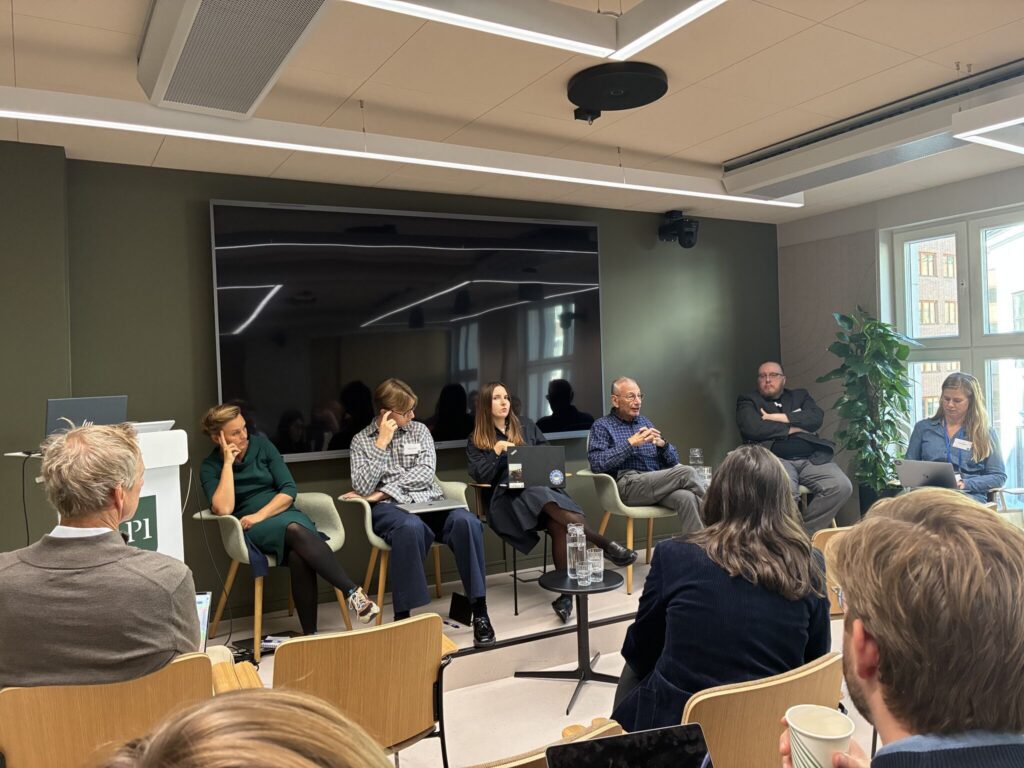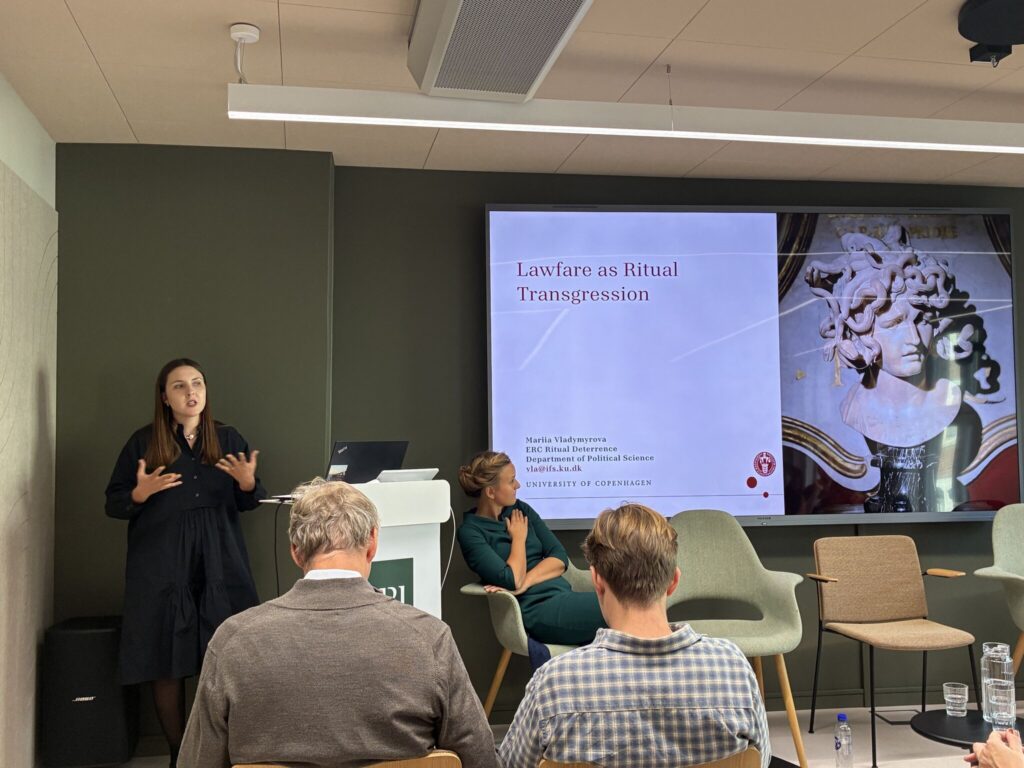Prof. Mälksoo presented her book project, ‘Ritual Deterrence: All Unquiet on the Eastern Front’ at the Higher Research Seminar, Department of Political Science, Stockholm University on 29 October 2025.
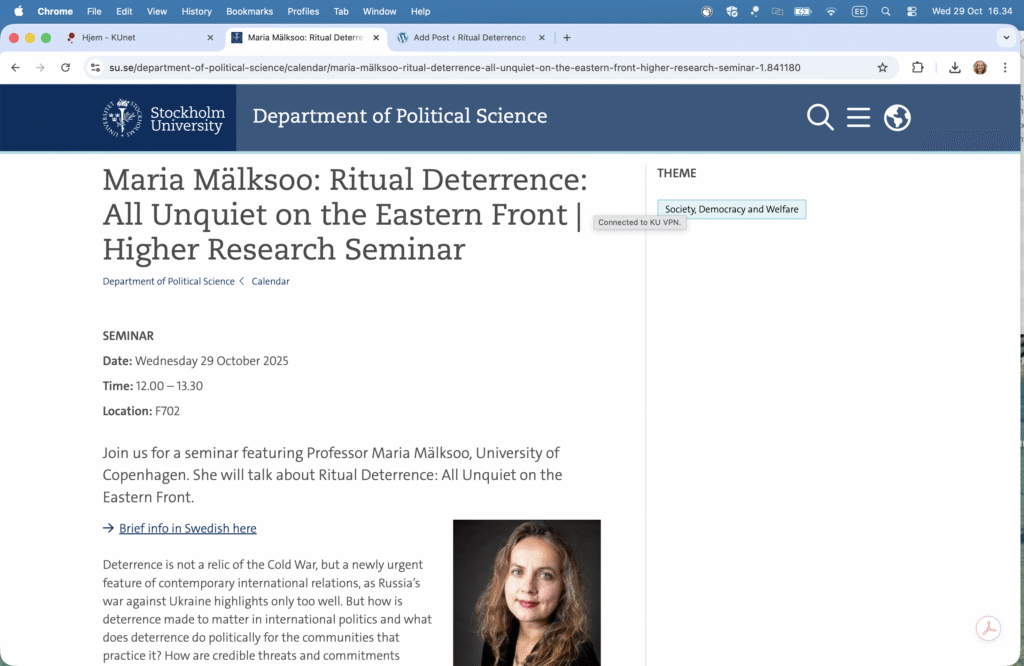
Prof. Mälksoo presented her book project, ‘Ritual Deterrence: All Unquiet on the Eastern Front’ at the Higher Research Seminar, Department of Political Science, Stockholm University on 29 October 2025.

Last week, Dr Cameron Hunter of the RITUAL DETERRENCE project spoke at two conferences. The first was a closed event sponsored by the UK Ministry of Defence on security in outer space, including deterrence. NATO, China, and to a lesser extent Russia, all utilise space for military purposes in both peace and wartime. Dr Hunter’s previous research was on US-China competition in orbit, with a more recent report on space-based nuclear weapons delivery vehicles. The conference was held under the Chatham House Rule.
The second event was held at Copenhagen University, sponsored by the Danish Ministry of Defence’s Centre for Military Studies. Bringing together international experts, the conference collectively compared the defence budgets of the US and China. Dr Hunter provided comments for Dr Jingdong Yuan’s lecture on the topic, and joined the plenary session at the end of the day to reflect on implications for the future.
The trope of resilience has emerged as a staple in NATO’s grappling with the many hybrid challenges it is currently facing both in the so-called grey zone of coercion, below the threshold of traditionally conceived violent attacks, and beyond. NATO’s coming to terms with the hybrid challenges through the past decade has been persistent, if somewhat piecemeal. There was a notable delay in recognising the nature and scope of the threat posed by Russia up until its brazen full-scale invasion of Ukraine in February 2022 on behalf of the North Atlantic allies. NATO’s framing of the Russia-challenge as primarily “hybrid” was paralysing the Alliance’s strategic diagnosis of its historical antagonist’s revisionist ambitions too long, thus delimiting the Alliance’s readiness and response to such a large-scale conventional challenge, at a tragic expense of Ukrainian lives. As the continuum between resilience and traditionally conceived deterrence by denial is shrinking, NATO’s tailorship of effective countermeasures to complex modern threats and challenges in and beyond the grey zone can only benefit from embracing resilience thinking, with an emphasis on anticipation, creative and flexible adaptation and the inclusivity of diverse decision-makers.
Prof. Mälksoo gave a keynote ‘Russia’s Existential Imperialism at War in Ukraine’ at the conference ‘Empires: Experience, Memory and Idea’, organised by the Institute for Culture and Society, University of Navarra in Pamplona, Spain on 2 October 2025. The conference examined the interplay between imperial histories and contemporary memory politics, fostering interdisciplinary dialogue.
The conference programme is available here.
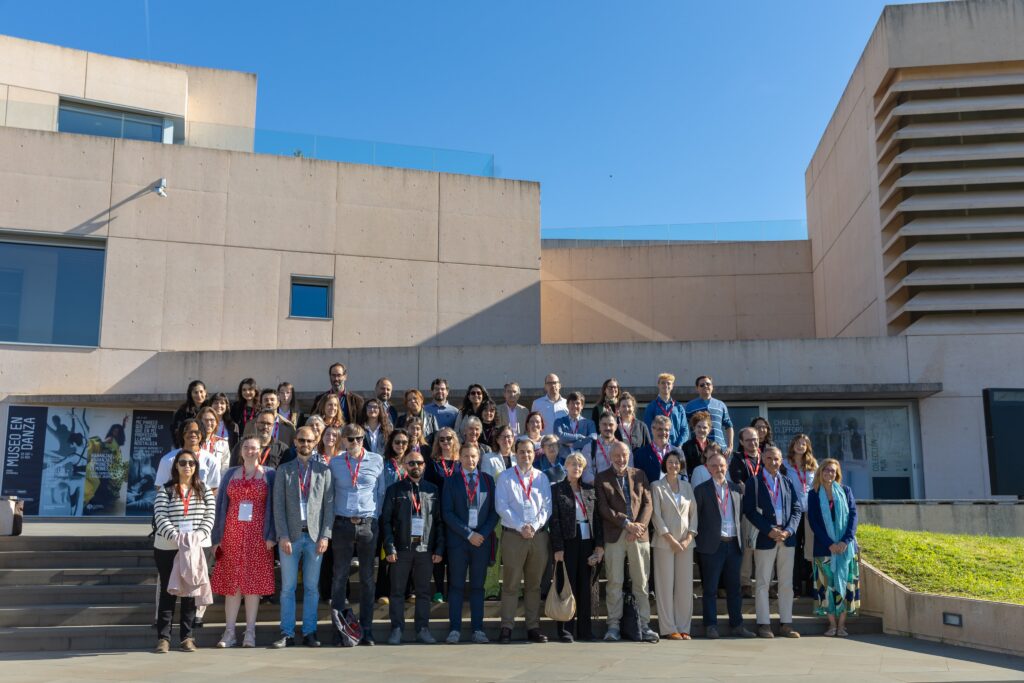
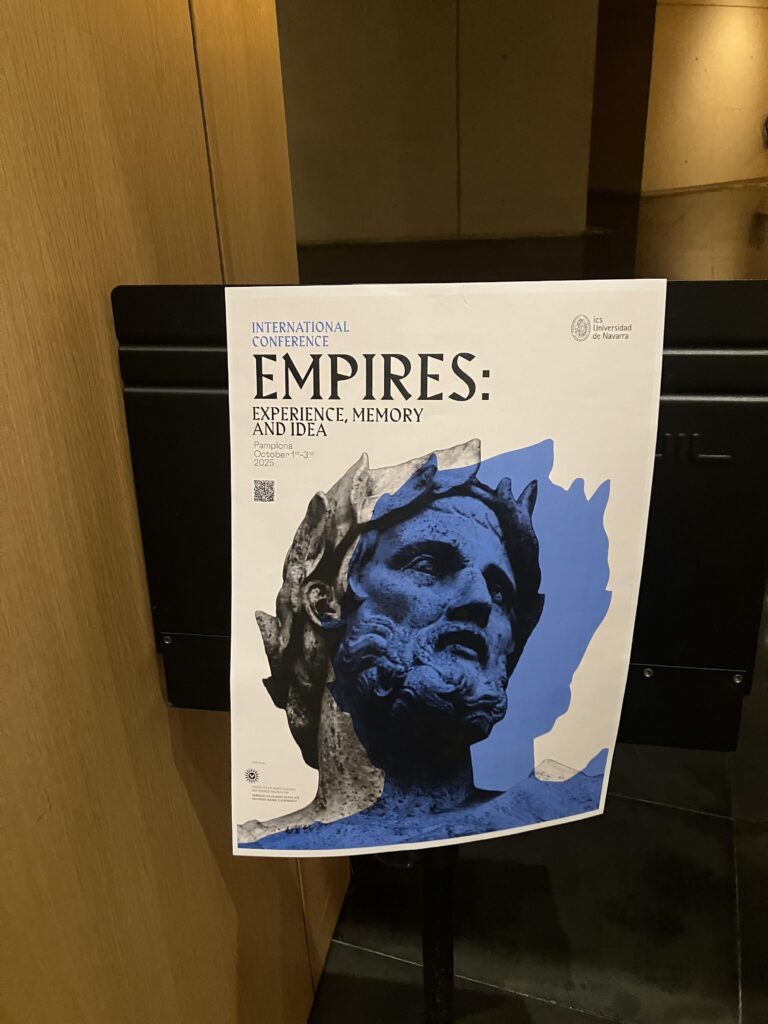
22-24 September Mariia Vladymyrova joined the inaugural NUPI IR Theory Conference in Oslo.
Throughout three days and six panels scholars from Europe, North and South America shared their ideas on the relevance and pathways forward for constructivist theory amid increasingly assertive global competition and challenges such as climate change.
Mariia contributed to the panel on “Constructivism and Violence.” She presented an early draft of one of her dissertation projects’ chapters theorizing lawfare as means of ritualized coercive signaling, and looking into Russian approaches to lawfare within the framework of international laws governing peace- and wartime conduct at sea.
